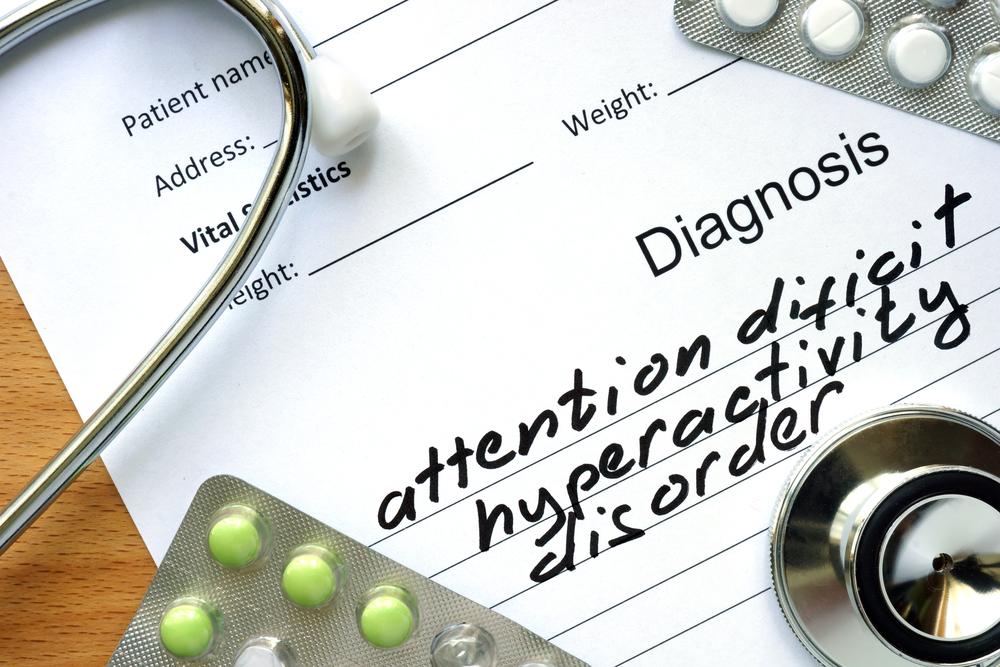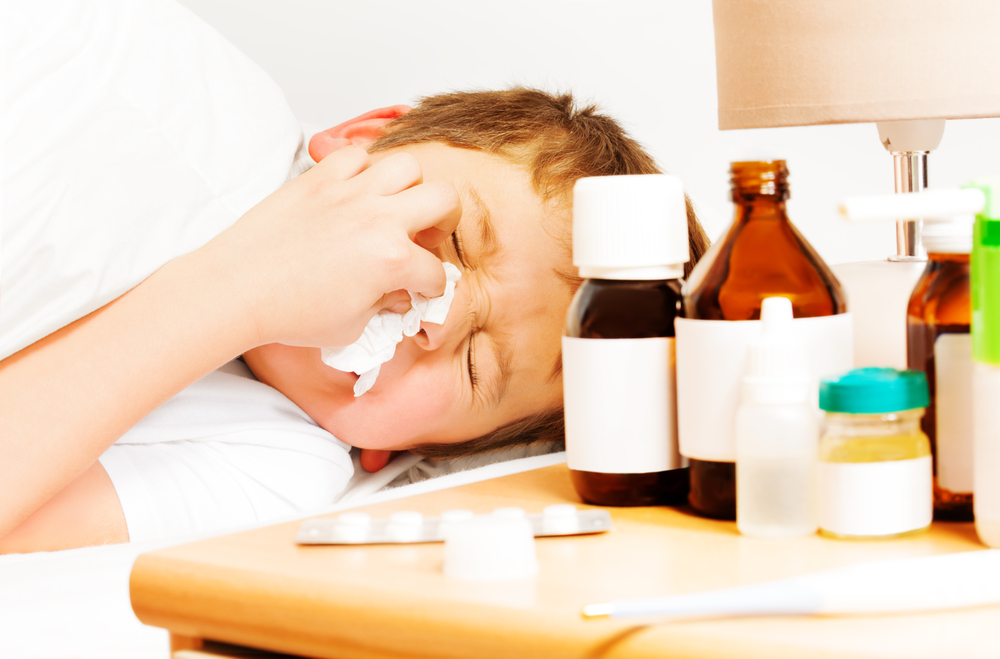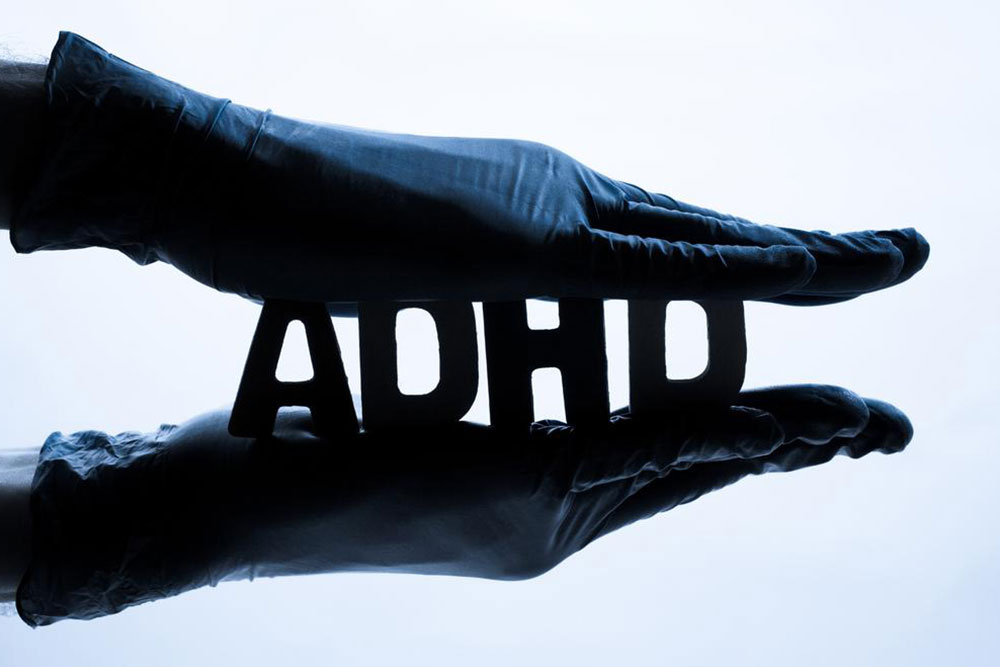Effective Strategies for Managing ADHD in Teenagers with Therapy and Medication
This article explores effective strategies for managing ADHD in teenagers, emphasizing combined therapy and medication approaches. It highlights the impact of ADHD on teens' academic, social, and safety aspects, and offers insights into treatment options. Understanding these aspects can help parents and caregivers support teens in overcoming challenges associated with ADHD, leading to better outcomes and improved quality of life during adolescence.

Managing ADHD Symptoms in Teenagers Through Therapy and Medication
Many adolescents diagnosed with ADHD continue to experience symptoms during their teenage years. These symptoms—such as hyperactivity, distractibility, disorganization, impulsivity, and difficulty focusing—often become more pronounced due to hormonal changes and increased academic and extracurricular responsibilities.
Impact of ADHD on Teen Development
Attention difficulties and impulsiveness can lead to academic struggles, including lower grades, forgotten assignments, and difficulty maintaining routines. Teens may be inattentive or overly attentive, interrupt, or rush through tasks, making it hard to sit still or stay focused during class.
These challenges extend beyond academics to social relationships and athletic pursuits. Additionally, teens with ADHD are at a higher risk of accidents, especially while driving, due to impulsiveness, risk-taking tendencies, and immature judgment. Medications have shown to reduce this risk. Furthermore, teens with ADHD are more prone to substance abuse.
Approaches to Treatment
Combining behavioral therapy with medication offers an effective way to manage ADHD symptoms. Behavioral therapy addresses behavioral issues prevalent in ADHD. Common medications include stimulants like methylphenidate (e.g., Concerta, Ritalin), lisdexamfetamine (Vyvanse), and dextroamphetamine (Adderall), as well as non-stimulants such as Kapvay, Intuniv, and Strattera. These treatments can significantly improve focus, impulse control, and overall functioning.










